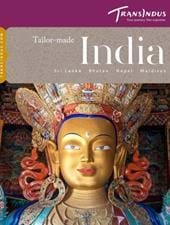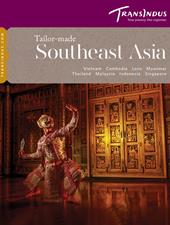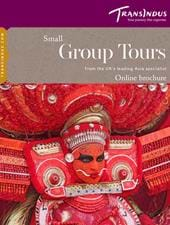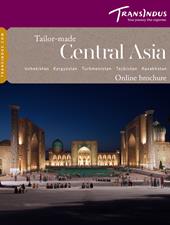One of India’s seven most sacred Hindu sites, Haridwar marks the exact point where the choppy, grey-brown waters of the Ganges flows onto the plains of northern India. The huge number of old temples overlooking the river bank here attest to the town’s great religious significance. Hindus regard this as one of the key “crossing places”, or Thirtha, capable of giving moksha (release from the cycle of rebirth), which explains why streams of pilgrims make their way to Haridwar year-round to immerse themselves, and the ashes of deceased relatives, into the Ganges.
The focus of the most intense ritual activity is Hari-Ki-Pauri Ghat, where the famous Brahmakund tank is identified as the precise spot at which the river, after its long journey from Gaumukh high in the mountains, first reaches level ground. As such, it serves as the starting point for many famous pilgrimage routes in the Himalayas, including the pathways to the Char Dams and Mount Kailash.
Saffron-clad, dreadlocked sadhus and other ascetics are drawn to the town are a common sight on the riverfront ghats. This is also the venue for a particularly charged evening aarthi ceremony, when priests swing flaming lamps in closely choreographed routines, as thousands of worshippers place diyas – little leaf boats holding incense, flowers and lamps – onto the water.
Kumbh Mela
Haridwar is crowded throughout the year with Hindu pilgrims eager to take a dip in its redemptory waters, but every three years, the town hosts the massive Kumbh Mela, when literally millions descend from across India. Among the pilgrims are ranks of sadhus, drawn from different akharas, or orders – some dressed in saffron robes, others naked save for a coat of sacred ash and string of orange marigolds around their necks.
At the most auspicious time, and according to strict protocols, the sadhus leap excitedly into the water, yelling invocations to Shiva or Vishnu as they plunge into the icy water. Around the town, great encampments accommodate the pilgrims, while religious discussions, hymn singing sessions and other rituals also take place.
The Kumbh Mela offers an unrivalled opportunity to watch India’s ancient religious customs in action, though due to the extra pressure on accommodation it’s essential to make travel arrangements well in advance.








